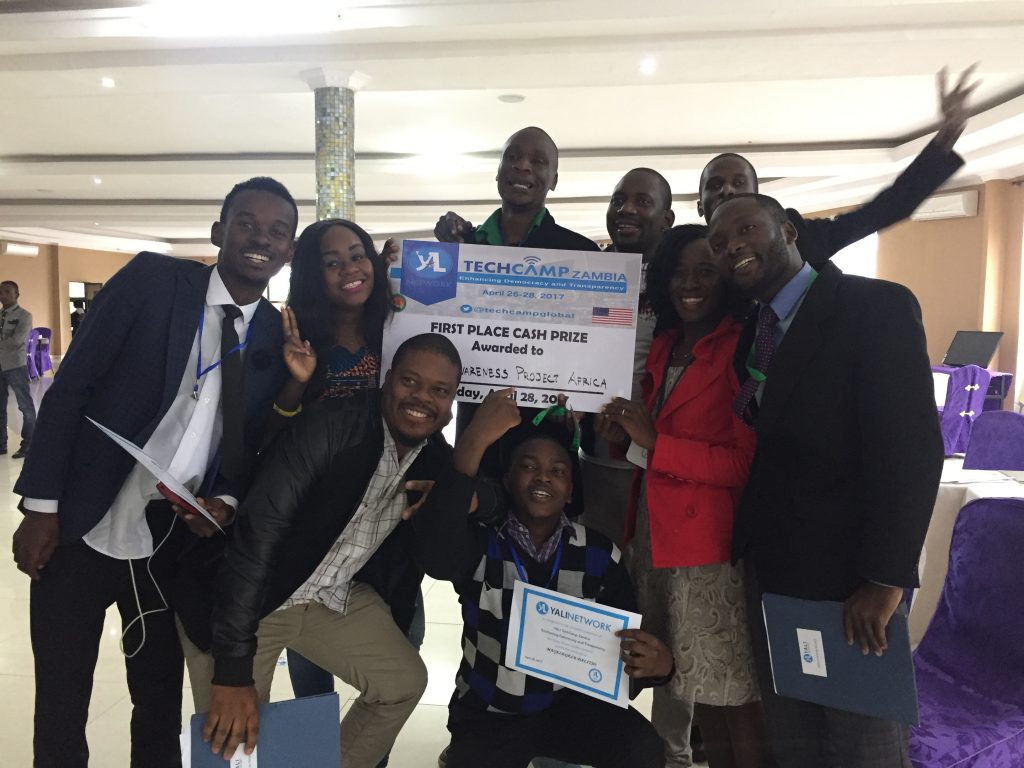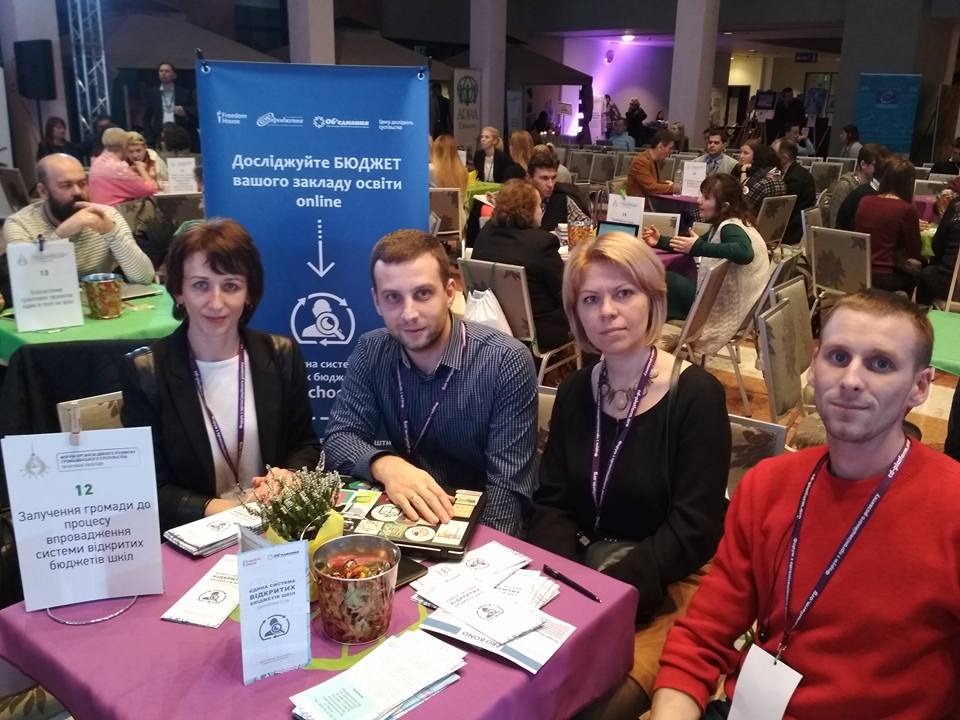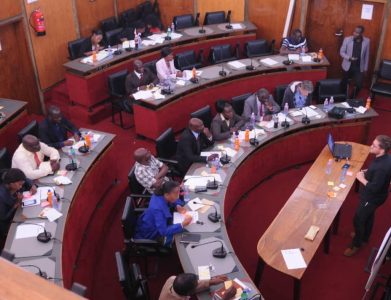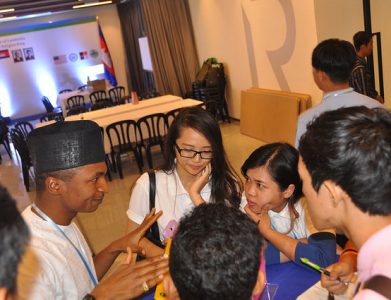Corruption is present around the world. It can destabilize governments, prevent economic growth and development, and enable criminals and terrorist groups. Technology can be a powerful tool in the fight against corruption. As the White House outlined in the 2017 National Security Strategy, “technologies can reduce corruption, increase transparency, and help ensure that money reaches its intended destination.”
Focused on this national security priority, the U.S. Department of State runs several programs that aim to improve foreign governments’ and citizens’ abilities to counter the effects of corruption. TechCamps are one such program, connecting civil society, journalists and other community leaders with technology experts to explore how to use technology to develop innovative solutions to corruption challenges. Each TechCamp is specifically tailored to address local issues identified by the participants themselves, and each event is followed by continued support from TechCamp trainers and organizers well after the workshop ends.
Several recent TechCamps have helped citizens address corruption and encourage transparency in their communities. In April 2017, TechCamp Zambia — focused on Young African Leaders Initiative (YALI) members — brought together young leaders from across southern Africa who developed several projects for increased transparency, many focused on using technology to make government information more available and more user-friendly. One such idea, Youth Awareness Project Africa (YAPA), uses both online and offline strategies to provide people with access to accurate election-related information. The project, supported by a TechCamp grant, began shortly after the workshop concluded and utilizes a VoteAfrica mobile app, community outreach programs and an election situation room. Beyond increasing the number of voters and participation, this project aims to involve youth in ways that promote good governance and accountability of their elected officials.

Another project developed after TechForum Ukraine, held in 2015, focuses on transparency in public school budgets. Open School in UA is a platform allowing parents to track where their charitable donations to schools are spent and to monitor and take an active part in the budget of their children’s schools. The project started with focus groups of parents who identified what problems existed in their schools and possible solutions to those problems. In 2017, their project was supported by the Ukrainian Department of Education in Kherson, in southern Ukraine, which created a working committee to implement the platform and selected six pilot schools in the city to test the system. Throughout 2017, Open School in UA has been successfully implemented in 57 schools across Kherson. TechForum participants conducted training at all 57 schools and received feedback from the administrators with ideas for even more improvements to the online system. The city’s mayor recently ordered all secondary schools in Kherson to adopt the platform by January 2018. During the final months of 2017, the TechForum alumni implemented a new functionality that also shows how public money is used in the schools. The participants hope this new function will reduce possible corruption schemes and prevent the misuse of public funds.

Other projects developed to counter corruption and promote transparency following TechCamps have been featured previously: “Open Hlutaw”, TechCamp Myanmar (2016) and the “Khadija Project”, TechCamp Georgia (2016).
Active citizens are invaluable to their countries, and TechCamps give those citizens the skills and connections they need to tackle corruption and transparency challenges at the local level. By developing their own countries and region-specific solutions, TechCamp participants are able to form tailored plans that can have a real impact in their communities.
Explore our site to read more about Good Governance and Transparency TechCamp Events, Outcomes, and Blogs.


